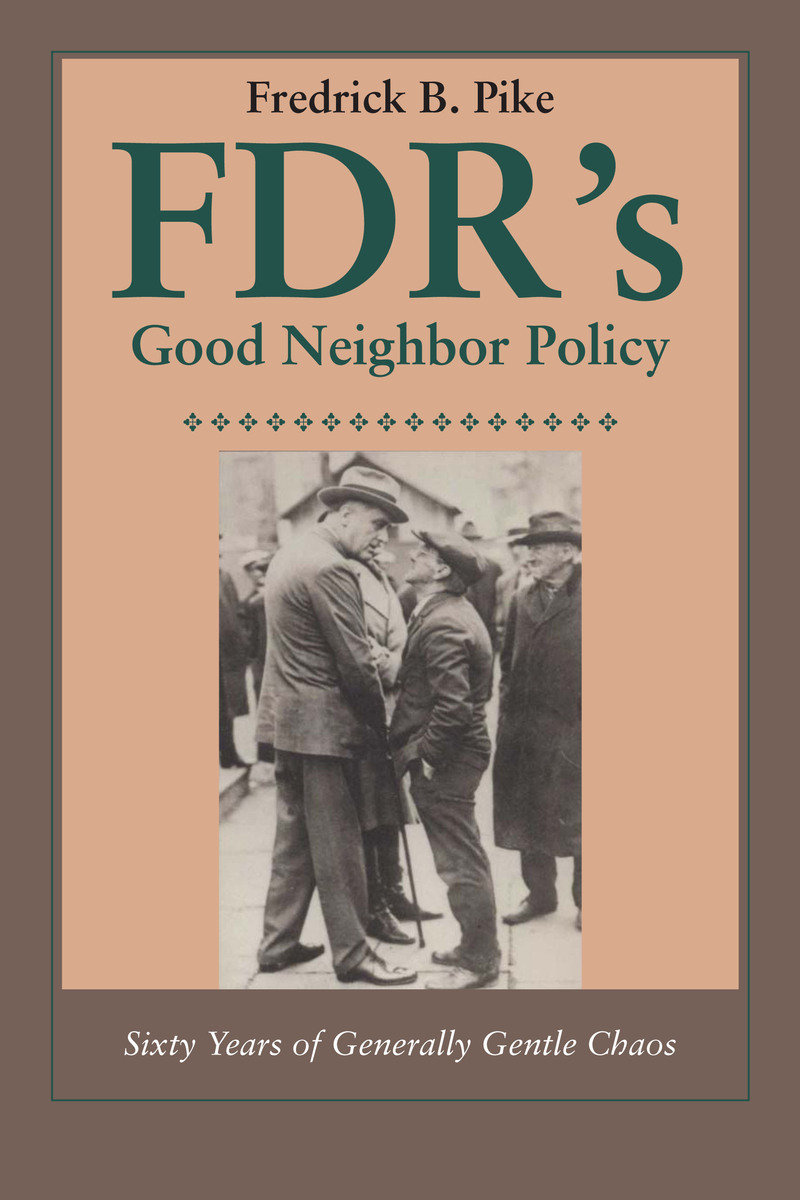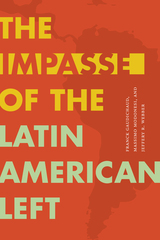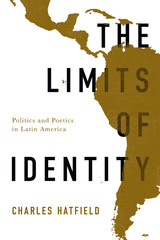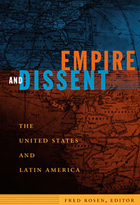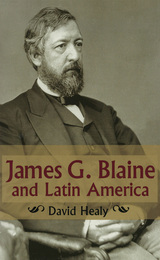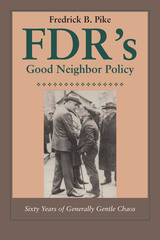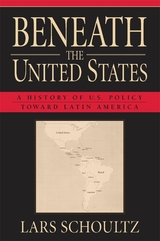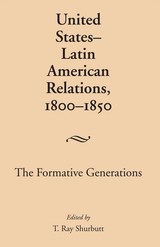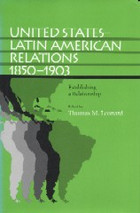Cloth: 978-0-292-76557-3 | Paper: 978-0-292-75493-5 | eISBN: 978-0-292-78609-7 (ePub) | eISBN: 978-0-292-75576-5 (PDF)
Library of Congress Classification F1418.P553 1995
Dewey Decimal Classification 327.730809041
During the 1930s, the United States began to look more favorably on its southern neighbors. Latin America offered expanded markets to an economy crippled by the Great Depression, while threats of war abroad nurtured in many Americans isolationist tendencies and a desire for improved hemispheric relations.
One of these Americans was Franklin Delano Roosevelt, the primary author of America's Good Neighbor Policy. In this thought-provoking book, Fredrick Pike takes a wide-ranging look at FDR's motives for pursuing the Good Neighbor Policy, at how he implemented it, and at how its themes have played out up to the mid-1990s.
Pike's investigation goes far beyond standard studies of foreign and economic policy. He explores how FDR's personality and Eleanor Roosevelt's social activism made them uniquely simpático to Latin Americans. He also demonstrates how Latin culture flowed north to influence U.S. literature, film, and opera. The book will be essential reading for everyone interested in hemispheric relations.
See other books on: 1882-1945 | 1933-1945 | Pike, Fredrick B. | Roosevelt, Franklin D. (Franklin Delano) | Sixty Years
See other titles from University of Texas Press
